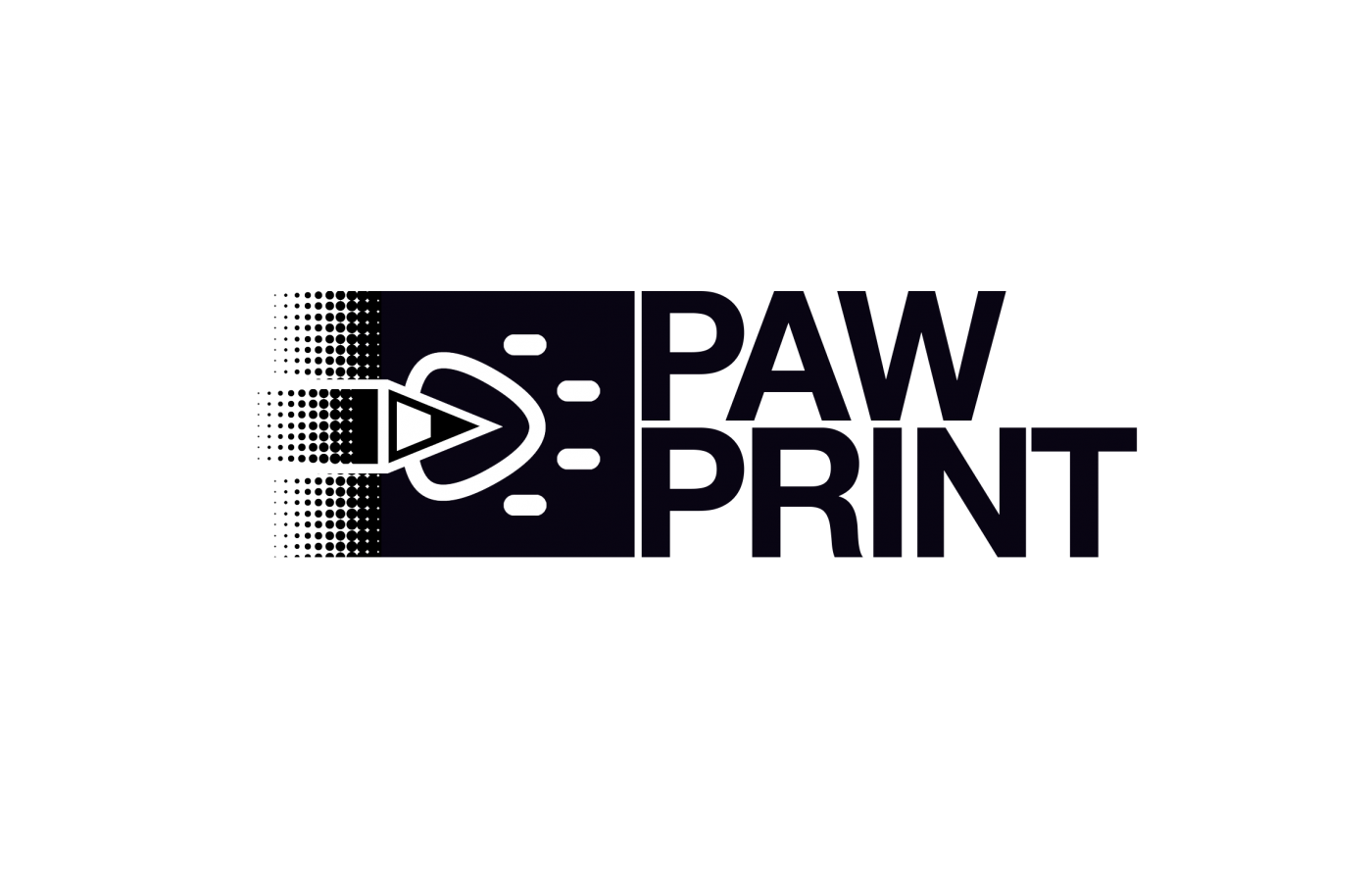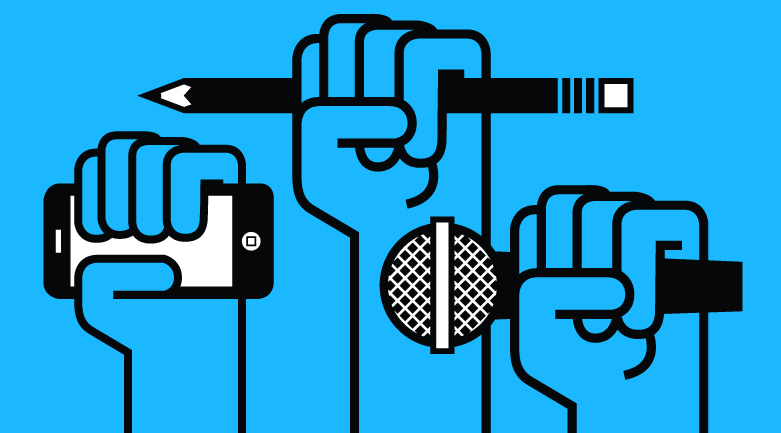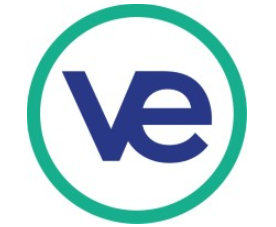The Global Demand for Free Press in the Twenty-First Century: What Are We Doing Wrong?
This undeclared “Free Press Revolution” has taken the world by storm in the most unlikely of countries. Movies banned, cartoonists gunned down and journalists imprisoned–it sounds like the premise of a bad dystopian book. But, it, in fact, is a reality in countries such as the US, France and Australia. Treatment of journalists and artists has manifested in hackings, marches and protests. Free press and expression is a natural right with which nearly every country provides its citizens; though it now seems to be nullified by extremist groups with their own agendas.
The Interview: The fuss which North Korea has made over Seth Rogen’s The Interview seems almost childlike as North Korean leader Kim Jong Un and American hackers played freeze-tag on the movie’s release. However, it is important to note that North Korean animosity towards America has been brewing since 1950. When America invaded USSR-backed North Korea in the Korean War, its purpose was to contain the influence of Communist superpower, the Soviet Union. Korea, however, saw the U.S. as an outsider interfering in their civil war. So when North and South Korea were divided at the 38th parallel, North Koreans pinned it on the Americans. To most North Koreans, Kim Jong Un is incapable of having any faults. Whether this is a truly universal belief, or citizens are too petrified to speak out, is and probably never will be uncovered. Regardless, Rogen either a) did not do his research and did not realize how much his movie would stir the pot of animosity or b) was aware how offensive his depiction of a beloved leader was and thought that was comedy. If ignorance or malice was the reason for the flippant movie release, could you blame North Korea for their response? The Interview will probably never be embraced by all mainstream theaters, but is available for streaming on pay-per-view and YouTube.
“Je Suis Charlie”: January 7th marked the first attack of many in northeastern Paris where, 17 journalists, police officers and civilians were assassinated by Muslim extremists in response to satirical magazine Charlie Hebdo’s depiction of the prophet Mohammed. Since then, over one million people have taken to the streets of Paris to march in solidarity and support free speech and expression. Since then, rallies have been held all over the world, including in Washington D.C., to demand free press. Although it is extremely touching that different nations have joined hands to support a global cause, no one has pointed out that these protestors are preaching to the choir. No one has confronted the extremist group being held responsible for the attacks and quite frankly, that is for the better. More opposition could blow up into even more fatal attacks. We can only hope that global marches will indirectly speak to those who often find satire offensive.
#FreeAJStaff: If you tune into Al Jazeera America’s station, every commercial break will begin with “Free Al Jazeera staff. Journalism is not a crime. #FreeAJStaff.” Egyptian authorities have jailed Australian journalists Baher Mohamed, Mohamed Fahmy and Peter Greste. The three journalists were reporting on the Muslim Brotherhood, which Egypt classifies as a terrorist organization. Egyptian courts believed that Greste and his colleagues were aiding this group and have imprisoned them for over a year now. Egyptian President Abdel-Fattah el-Sissi refuses to pardon the journalists, despite global outcry. Peter Greste is currently awaiting a retrial and Australian diplomats have been doing their best to reach an agreement with Egyptian authorities.
All in all, there is a fine line between free press and libel as well as liberties and abuse of power, but we must always be cognizant of our use (or censorship) of language.



